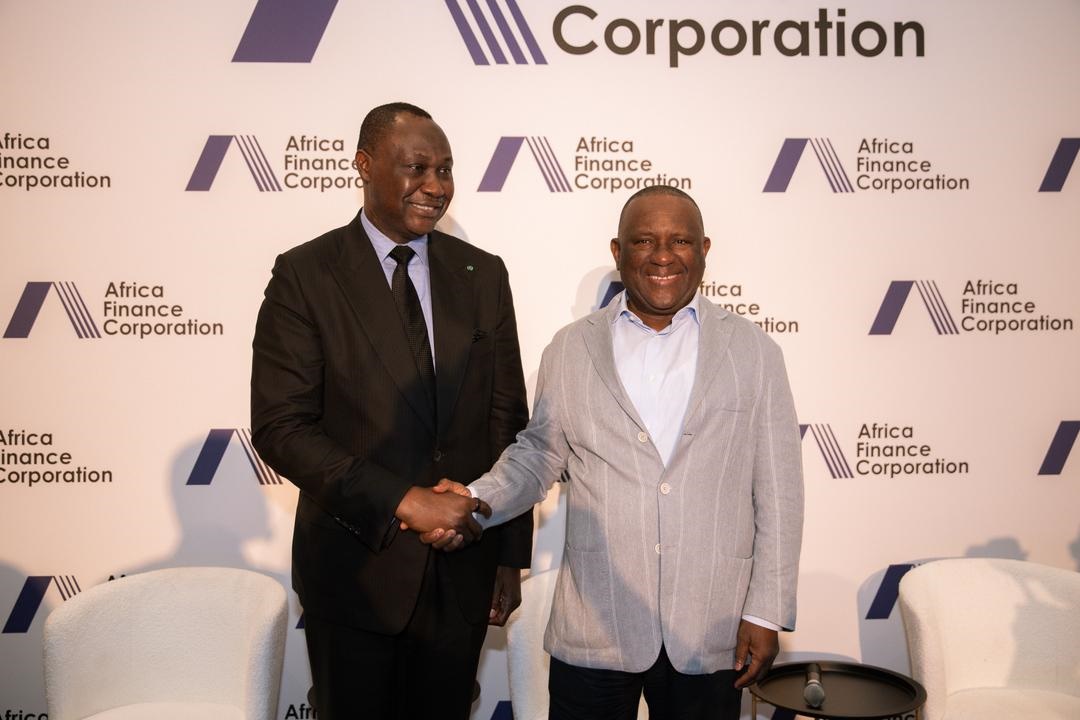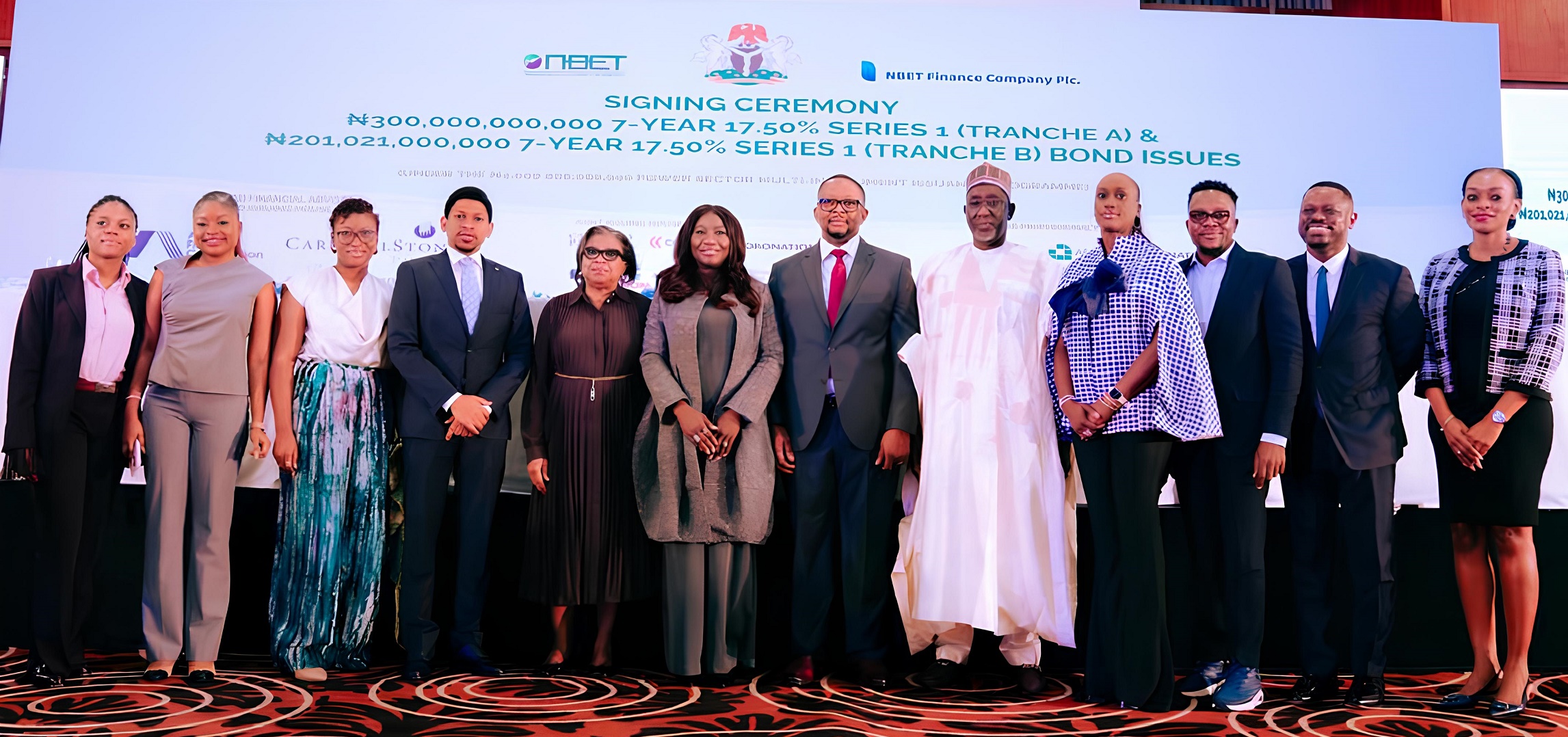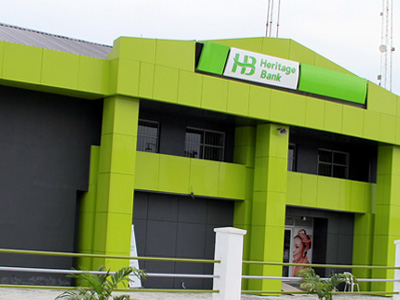
To Remain Focused On Gas, Complete ANOH Project
The board of Seplat Petroleum Development Company Plc, a leading independent oil and gas company listed on both the Nigerian and London stock exchanges says it remains a resilient business and generates significant free cash flow from a low-cost production base; besides a balanced portfolio split evenly between oil and gas (which is de-linked to oil price).
Addressing shareholders and other stakeholders during the company’s 7th Annual General Meeting, in Lagos last week, where the shareholders approved the payment of $59m dividend payout or 10 cents per share, its chairman, Dr. Bryant Orjiako assured of a continued focus on delivering shareholder returns through regular dividend distributions and capital growth.
This, he noted, is despite the current headwinds occasioned by the prevailing global coronavirus pandemic and low oil prices, Seplat will continue to maintain strict financial discipline over investment decisions.
Orjiako stressed that Seplat has embedded high standards of corporate governance and transparency, strong commitment sustainable business, and effective management of risks with a strong health and safety culture.
“I believe that Seplat has an important role to play throughout the energy transition that is set to occur in the years and decades ahead, not least through the impact we can have by scaling up our domestic gas supply business and displacing imported diesel fuels that are being burned for power generation and helping Nigeria benefit from the social and economic multiplier effects that reliable and affordable power availability can bring,” he said.
Consequently, he announced plans by Seplat to position itself for an ambitious next phase of growth which would see the expansion of its footprint in terms of energy business activities, a plan to pursue offshore assets acquisition, as well as opportunity driven entry into different geographies.
Looking forward, he continued, a major challenge facing “the independent E&P sector is to remain relevant as the world makes the transition to a lower carbon future. The oil and gas industry face considerable challenges given that oil in particular plays such a significant part in today’s energy supply mix, with demand for the commodity still growing. A key part of my role as Chairman of the Board is to steer the Company through these transitions.
“The board believes that such a corporate transition would require a different kind of organisational structure, people skills set and mentality to compete well in the expanded space. In view of this, over the course of 2020 we will be reviewing the current organisational and systems structure.”
The chairman assured that the fundamentals of the company’s core business remain strong and through the effective integration of the Eland acquisition, the combined business will have greater scale and value creation opportunities to capture.
“I believe the investment case for Seplat remains compelling,” adding that: “As we look ahead to 2020 and beyond, I would like to take this opportunity to thank all Seplat employees and wider stakeholders for their efforts and continuing support and I look forward to updating all of our stakeholders on our progress throughout the year ahead.”
Also speaking at the AGM, the company’s Chief Executive, Austin Avuru, described 2019 as a solid year in which the robust fundamentals of the business once again kept the company on an extremely solid footing.
“The strong cash generation we realised from our low-cost production base meant that our capital expenditures, debt service obligation and dividend distributions to shareholders were more than covered by cash generated from operations by a comfortable margin,” Avuru said.
From a strategic perspective, he said 2019 will prove to be an inflection point in the company’s history, as it took a final investment decision (FID) for the 300 MMscfd ANOH midstream gas processing project in March.
“Once completed, the plant will process gas produced at the upstream unitised gas fields in OML 53, where Seplat has a 40% working interest, and Shell’s OML 21. Now that we have gone live, so to speak, with the project in partnership with government, we have set a clear trajectory that will see us become the largest supplier of processed gas to the domestic market once it becomes operational,” the Seplat CEO hinted.
On the outlook for 2020, Avuru said Seplat faces the same challenges as the rest of industry in terms of managing oil price volatility and other macro risks, adding that the emergence of the COVID-19 pandemic has thrown in another variable that has impacted the global economy.
“As these factors are not in our control we can only make sure that we have plans in place that can mitigate and de-sensitise the business to these risks as far as is possible.
Commenting on the company’s planned transition, he expressed extreme honour at having led Seplat for the past 10 years, during which it helped to promote “indigenous participation in the Nigerian oil and gas space.
“My ultimate goal in the transition of the CEO role is for Seplat to achieve even greater things in the next decade, creating a blueprint for others to follow,” he stressed.
Also commenting, the Chief Financial Officer, Roger Brown, said a position of financial strength has enabled Seplat to capitalise on significant growth opportunities during the 2019 financial year.
Brown said: “Our growth strategy is underpinned by a clear financial strategy that aims to maintain a strong well-funded balance sheet with sustainable operational cash flow. Investments made during the year have significantly progressed our ambitious growth strategy for both oil and gas production; of which our core business remains highly cash generative.”
The Seplat CFO further stressed that: “The business is hedged against low oil prices and a significant proportion of our revenues now come from gas, which offers further protection from oil price volatility.
The company has low production costs and can remain profitable even at lower oil prices. We have significant cash resources available and will manage our finances prudently in 2020, expecting now to invest just US$100m of capital expenditure (US$50m spent in Q1 2020), with a target of three new wells across our portfolio.
“We will also continue to focus on our investments in gas and the completion of the ANOH project remains a major priority,” he stressed.













